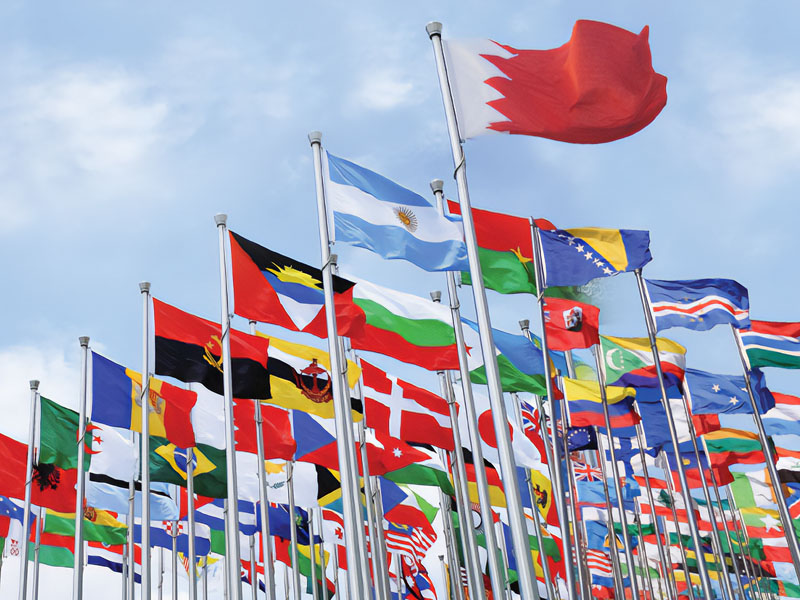The Art of Lighting Candles
Issue 40

Recently, the International Organization of Folk Art (IOV) held its 14th European International Scientific Conference of Folk Culture in Andorf, Austria. The conference was attended by folklore researchers from several European countries. The papers presented included important studies on multicultural immigrants and their influence on folk culture in Europe.
This is a very important topic to people who are concerned about the purity of their cultures and heritage, and about their ability to interact with other cultures. Such influence is inevitable, and the main concern is that it should be acknowledged and accepted. The conference was of great importance, because it addresses issues related to folk culture.
As far as we know, the Folk Culture Journal is the only Arabic publication printed in 3 languages and distributed to readers in 161 countries. The Journal’s abstracts are available online in 6 languages. At the conference, many people voiced their opinions of the Journal, and criticised it for covering only local issues and for dealing with the early stages of the scientific process – collection and recording – rather than with classification, preservation and documentation. The articles are still about exploring phenomena and discovering hidden issues. Arab researchers have not made any new contributions in terms of collection, documentation and analysis, although there are some barely noticeable signs that heritage will be approached differently in the future.
We were unsurprised to hear this criticism, and we accepted it willingly. It is natural that this scientific journal reflects the larger situation in the Arab world, which is experiencing an existential crisis. In this situation, the first thing that we should emphasise is the overall culture and intellect, and folk culture is only one basic component. When a nation considers the basic components of its culture to be inferior, this is a sign of ignorance and backwardness; until recently, this was the way folk culture was viewed in all Arab countries. It took us a long time to become aware of this serious issue. Then we began to search for that which has been lost over time as a result of negligence. We did this by asking the remaining members of our families what they could recall. Our attempts to do this involved dealing with official setbacks, disputes between nations and sects, and people who were primarily concerned with their own ambitions.
Due to all these conditions, the Arab nations struggled to catch up with other nations in terms of folk culture and other issues. Until recently, in terms of folk culture, Arabs have relied on very limited and under-qualified individual research and studies. Even people with academic qualifications relevant to folk culture became preoccupied with other matters, because the Arab nations lack an official vision to protect, preserve and fund heritage.
Despite all this, we are neither pessimistic nor hesitant. We are still working to realise our goals. The Arab world’s noble objectives and initiatives are like candles in the darkness, and some have the ability to light inextinguishable candles.
The Folk Culture Journal is one such candle, and His Majesty King Hamad bin Isa Al Khalifa of Bahrain lit this candle because of his nationalism. This candle will continue to shine and send its light across the world.
Our Arab nations will emerge from crisis to revive and accomplish their hopes and dreams. Indeed, Allah has power over all things.
Ali Abdullah Khalifa
Editor-in-Chief







































































